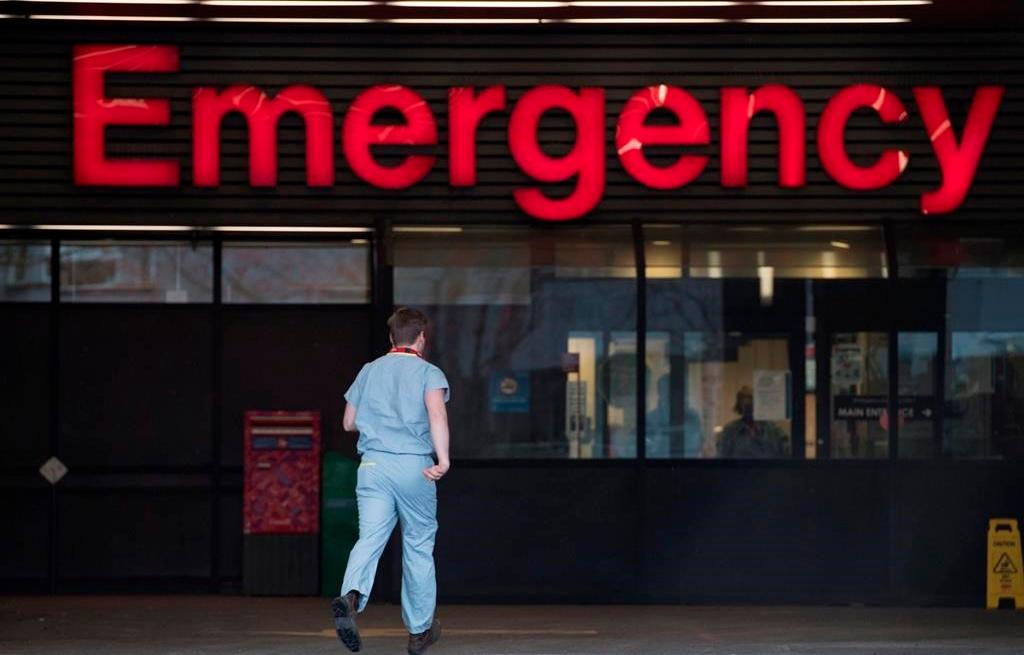Commentary
For the past decade, activist groups have been spreading the news about the so-called “right to die” and, according to the latest statistics, their efforts have been a success.

For the past decade, activist groups have been spreading the news about the so-called “right to die” and, according to the latest statistics, their efforts have been a success.